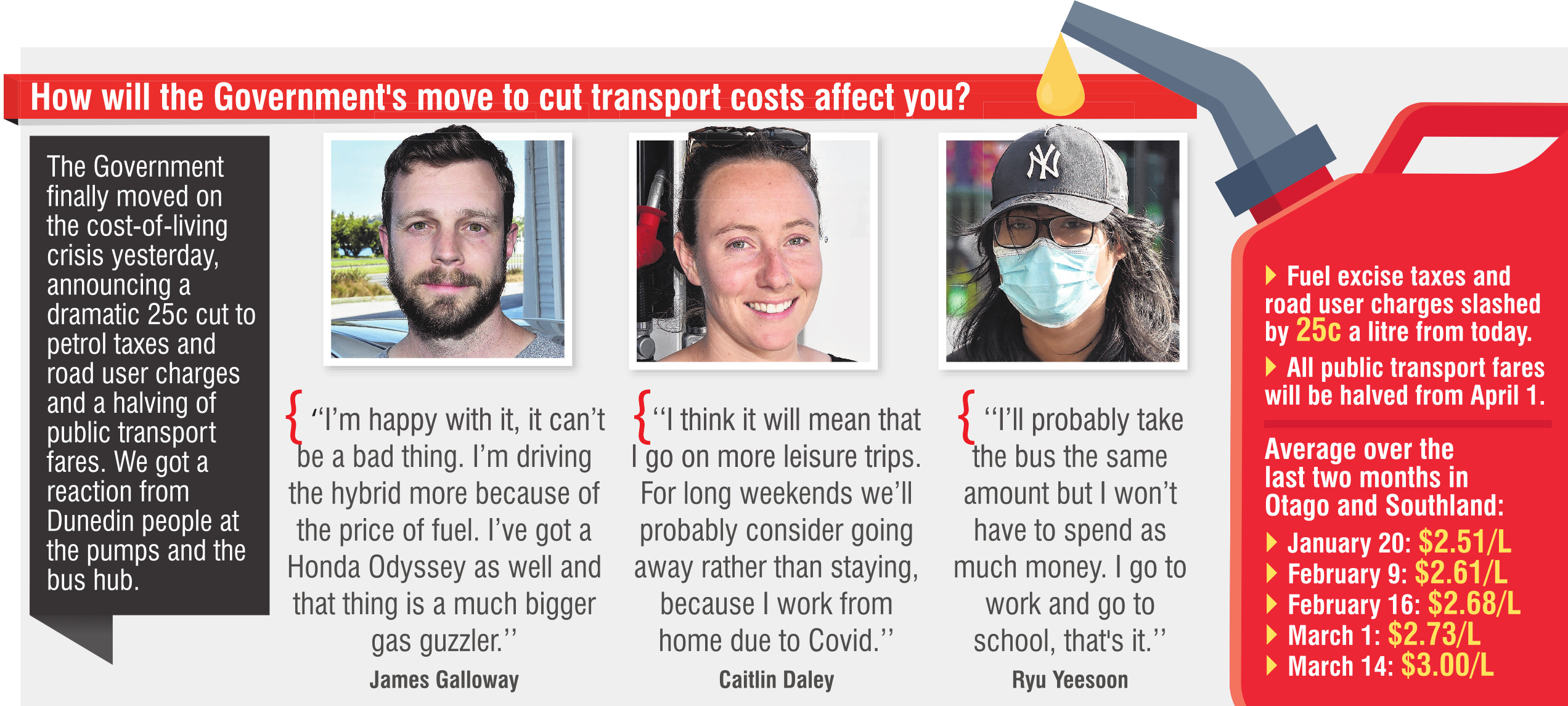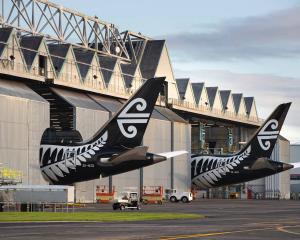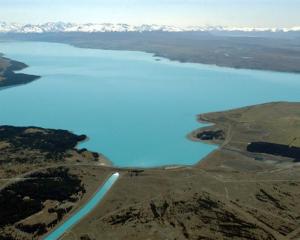A reduction in fuel prices has been widely welcomed across New Zealand.
Fuel taxes were cut by 25c a litre from 11.59pm yesterday for the next three months and public transport fares will be halved from April 1 as the Government acts to counter soaring fuel prices.
The Cabinet also agreed yesterday to reduce road user charges by 25c a litre, which will begin at a later date.
Fuel prices have increased 13% in the past month and the average price for 91 octane petrol in Otago and Southland has increased by about 20% this year.
The war in Ukraine has unleashed a "global energy crisis" and all three fuel type prices are at record highs.
"We are in a wicked, perfect storm, and it’s a storm that’s impacting many people’s lives," Prime Minister Jacinda Ardern said yesterday.
The reductions would mean "a potential saving between $11.50 and $17.25 per tank of fuel", she said.

The Government hoped the halving of public transport fares would make it more affordable to take up that mode of travel.
She said current transport projects and legislative changes relating to more and cheaper public transport and supporting more fuel-efficient vehicles would continue and that would be seen in the May Budget.
University of Otago department of economics senior lecturer Dr Murat Ungor said the Government’s announcement was a "good step" which would leave more money for households in the short term.
Unlike other commodities, a hike in oil prices almost immediately hit consumers.
Cutting the fuel excise taxes would help ease inflationary pressures on households, Dr Ungor said.
"Helping people by cutting the cost in the short term is very important."
Dr Ungor expected fuel prices to keep fluctuating as the Ukraine invasion continued this year.
Automobile Association Otago chairman Malcolm Budd was happy with the Government’s price cut move but believed it should have taken it a step further by implementing a three-month price freeze, too.
The Government’s hands were tied by the reliance on imported oil but the policy was the right thing to do at this particular time, Mr Budd said.
The price of crude might come down in three months but in the meantime oil companies should honour the Government’s intention and hold prices as low they could.
People waiting at the Dunedin Bus Hub spoken to by the Otago Daily Times all said the move was good.
One woman said the cut in price would make public transport cheaper than fuel and parking.
"I don’t usually catch the bus, but I might start doing it more," she said.
At the McKeown petrol station in South Dunedin responses from motorists were mostly positive, citing the rising cost of living.
One woman said "the world’s crazy enough without complaining about 25c a litre".
" I lived through the days of carless days in the 1970s when we had a fuel crisis and oil shocks and this is nothing."
Mobil dropped prices immediately after yesterday afternoon’s announcement.
Finance Minister Grant Robertson said petrol prices were expected to continue rising.
Energy Minister Dr Megan Woods said she would be monitoring fuel retailers to ensure they passed on the cut to consumers.
She would now be "seeking daily information disclosure from fuel companies of their rolling seven-day average fuel margins, to monitor industry profits".
Dr Woods said she would like the fuel companies to give up that information voluntarily, but she suggested that if they did not, she might use new fuel pricing legislation to force it from them.
Fuel taxes and road user charges are paid directly to Waka Kotahi NZ Transport Agency, which spends the money on maintaining the road network, building new roads, and subsidising public transport.
The Government would make up for the revenue lost by giving Waka Kotahi a grant from the Covid fund of about $350million.
Mr Robertson said this cost would be met through "savings and reprioritisation".
— Additional reporting The New Zealand Herald/RNZ












